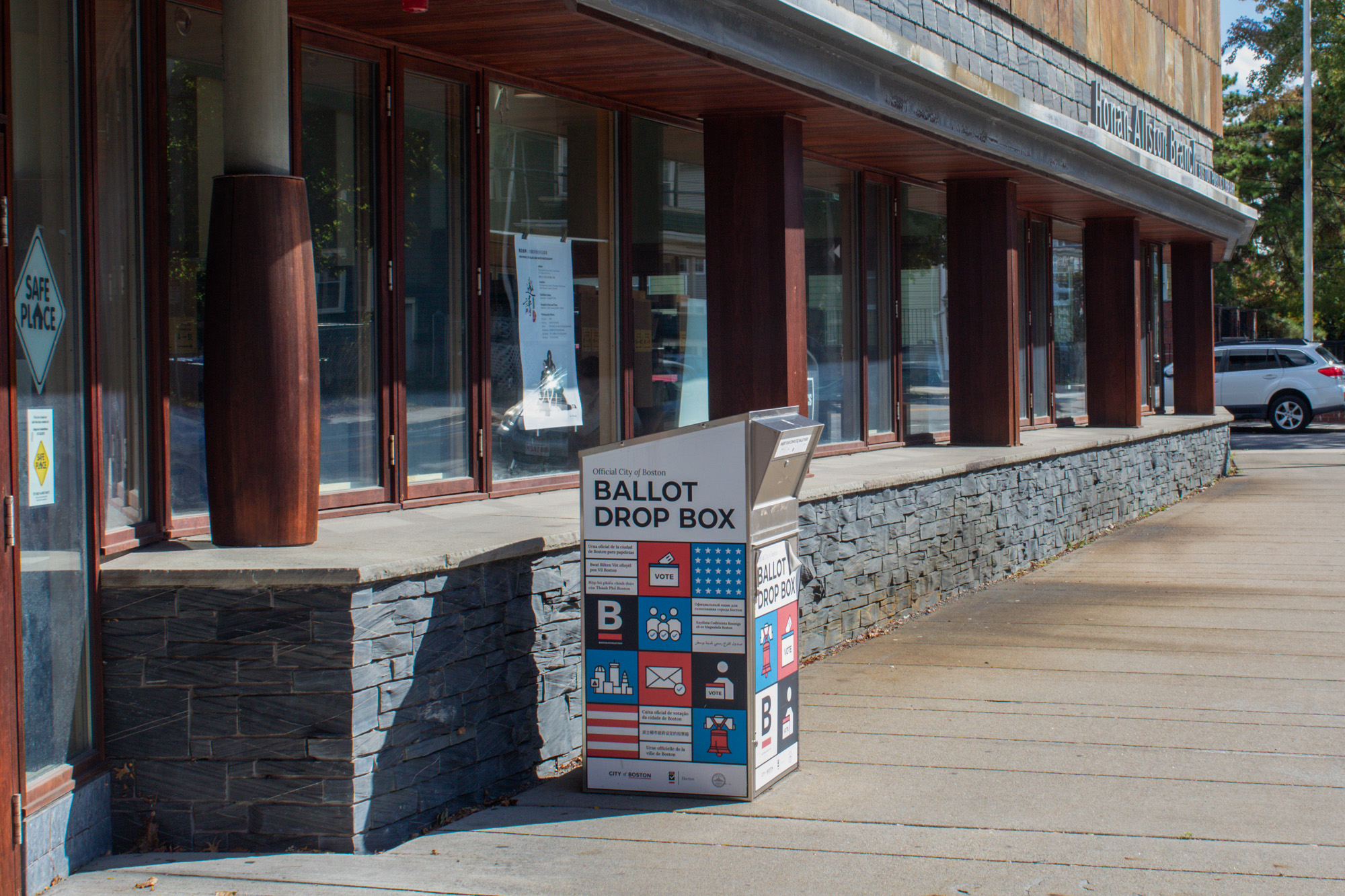Question 3, a ballot measure seeking to allow unionization and collective bargaining for transportation network drivers, has sparked support from Massachusetts state senators, but Uber and Lyft remain neutral.
The measure would create a hearing process for the Massachusetts Employment Relations Board to oversee unfair working practice charges against transportation companies.
This initiative comes after Uber and Lyft settled a lawsuit with the state in June to improve benefits and wages for their drivers. The settlement included a $32.50 hourly wage, a stipend for Massachusetts’ paid medical and family leave program and a pooled health insurance benefit, according to BallotPedia.
State Sen. James Eldridge of Middlesex and Worcester said because Uber and Lyft drivers “work alone,” their ability to unionize is limited, and this initiative allows them to organize and unionize. He said that Uber and Lyft drivers face “terrible conditions.”

“If they make one minor mistake or [receive] one complaint from a customer, they just get shut off from the system and therefore can no longer earn a living as an Uber and Lyft driver,” Eldridge said.
An initiative allowing drivers to unionize could improve their working conditions, said Eldridge.
“[The initiative is] really critical towards making sure that these drivers not only earn a living wage, but they have a basic social safety net, including healthcare and some sort of retiree or pension benefit,” Eldridge said.
State Sen. Jason Lewis of the fifth Middlesex district said this is a “very innovative” initiative.
“It would also be a model not just for other types of gig workers in Massachusetts but for workers in other parts of the country as well,” Lewis said.
If the initiative passes, this union would be authorized under the National Labors Relations Act and would be known as a “sectoral bargaining system,” Lewis said.
Unions represent workers under a collective bargaining system in the U.S., whereas a union’s negotiation with an entire industry or region, such as in this initiative, is sectoral bargaining.
State Rep. Danillo Sena of the 37th Middlesex district said this initiative has been “endorsed by drivers across the state” due to the “benefits that a potential union could hold.”
Both Senators Lewis and Eldridge said Uber and Lyft were neutral about the ballot question, since the companies have not been openly lobbying or campaigning against it.
Freddi Goldstein, senior communications manager at Uber, wrote to The Daily Free Press that Uber will “not be running a campaign opposing Question 3,” though the company has “concerns with some of the language in the ballot.”
Uber plans to address these language issues in their next legislature session.
“Nearly 80% of Uber drivers support our agreement with Attorney General Campbell from earlier this year,” Goldstein wrote. “We have no doubt that if drivers choose to organize, they will hold the benefits they’ve already won central to any negotiations and maintaining their flexibility will remain a top priority.”

























































































































